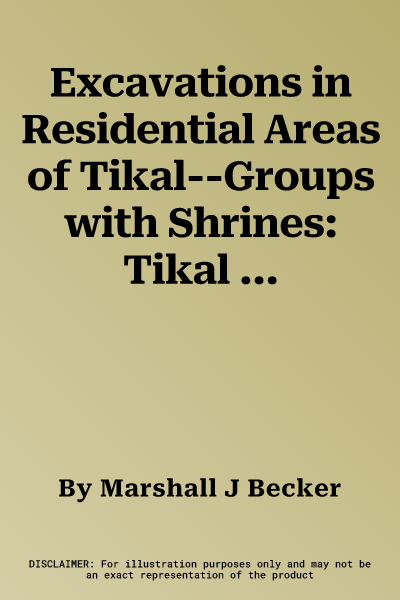Marshall J Becker
(Author)Excavations in Residential Areas of Tikal--Groups with Shrines: Tikal Report 21Hardcover, 29 January 1999

Qty
1
Turbo
Ships in 2 - 3 days
In Stock
Free Delivery
Cash on Delivery
15 Days
Free Returns
Secure Checkout

Part of Series
University Museum Monographs
Part of Series
Tikal Reports
Print Length
312 pages
Language
English
Publisher
University of Pennsylvania Museum Publications
Date Published
29 Jan 1999
ISBN-10
0924171715
ISBN-13
9780924171710
Description
Product Details
Author:
Book Format:
Hardcover
Country of Origin:
US
Date Published:
29 January 1999
Dimensions:
28.19 x
21.84 x
2.54 cm
Genre:
Latin America
ISBN-10:
0924171715
ISBN-13:
9780924171710
Language:
English
Location:
Philadelphia
Pages:
312
Weight:
1338.1 gm